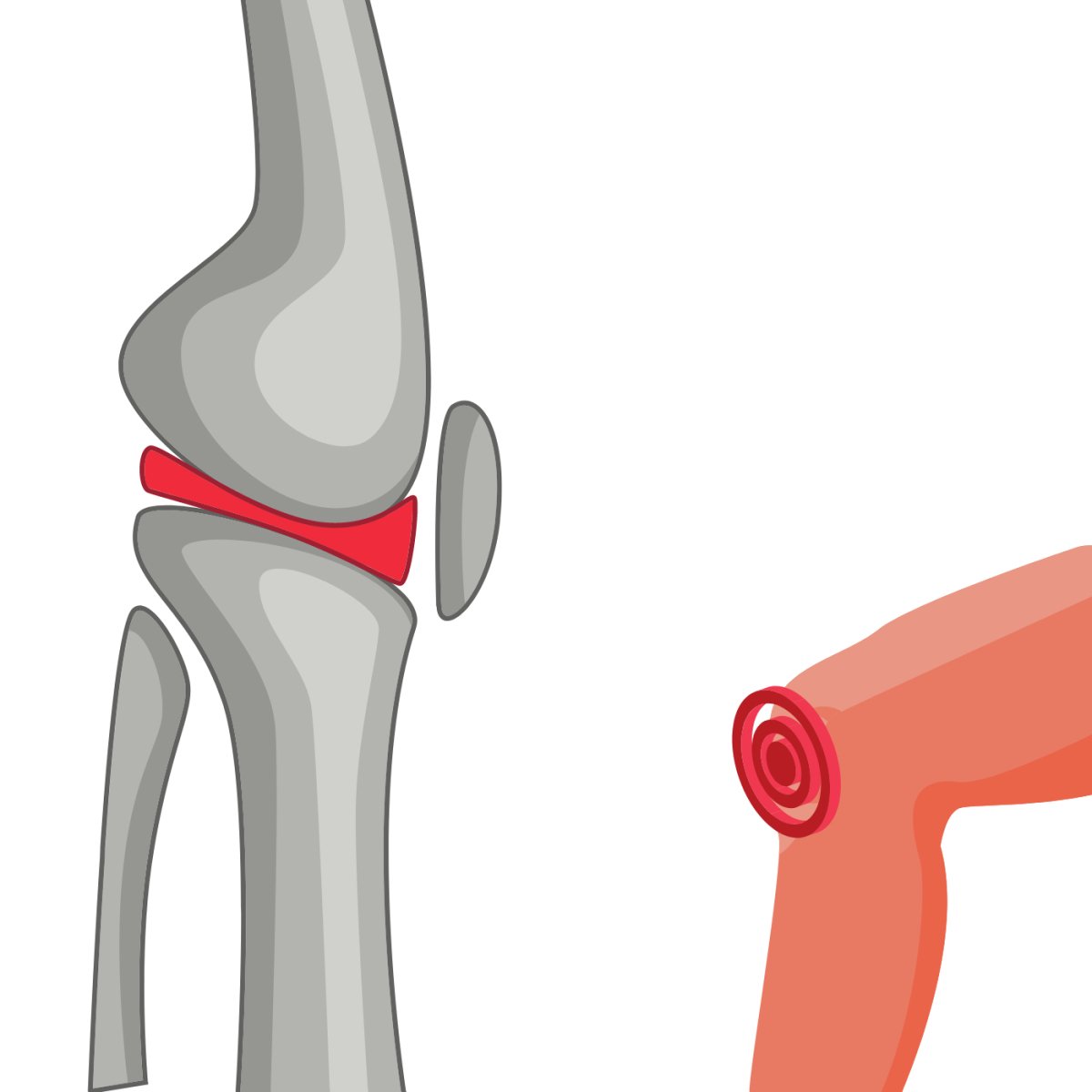
Total Knee Replacement: Navigating the Journey
Total knee replacement (TKR), or total knee arthroplasty, is a surgical procedure where a damaged or worn-out knee joint is replaced with an artificial joint. This procedure is typically recommended for individuals with severe arthritis or significant knee injuries. Here, we'll embark on the journey of understanding the procedure from beginning to end.
Understanding the Need for Total Knee Replacement Symptoms Necessitating TKR:
- Severe knee pain that limits everyday activities.
- Moderate to severe pain even while resting.
- Chronic inflammation and swelling that doesn't improve with rest or medications.
- Bowing in or out of the knee.
Common Causes:
- Osteoarthritis
- Rheumatoid arthritis
- Post-traumatic arthritis
- Pre-surgery Evaluation
Before undergoing a TKR, a comprehensive evaluation will ensure that the procedure is the best option for you.
Steps include:
- Medical History Review: Understanding past illnesses or surgeries.
- Physical Examination: Assessing knee strength, stability, and range of motion.
- Imaging Tests:
- X-rays: To determine the extent of the damage.
- MRI: To get a clearer picture of the knee.
2. The Procedure
Anesthesia:
Patients may receive either general anesthesia (where you're unconscious) or spinal/epidural anesthesia (where you're awake but numb below the waist).
Operative Steps:
- An incision is made in front of the knee.
- Damaged portions of the joint are removed.
- The joint is then resurfaced with the artificial implant.
- The incision is closed with sutures.
- Postoperative Care
After surgery, the focus shifts to recovery and rehabilitation.
Immediate Aftercare:
- Pain management through medications.
- Blood clot prevention using blood thinners.
- Measures to minimize swelling, like leg elevation and wearing support stockings.
Physical Therapy:
- Starts either on the day of the surgery or the day after.
- It focuses on strengthening the knee and improving flexibility.
- Typically continues for weeks to months.
- Potential Risks and Complications
While TKR is a standard and generally safe procedure, as with any surgery, there are risks.
Potential Complications include:
- Infection.
- Blood clots.
- Continued knee pain.
- Implant problems like loosening or wear.
Most individuals who undergo TKR experience a significant reduction in knee pain and a considerable improvement in the ability to perform daily activities.
Key Points:
- The lifespan of the artificial joint is generally 15-20 years.
- Regular check-ups are essential to ensure the joint is functioning well.
- High-impact activities should be avoided to maximize the lifespan of the joint.
Conclusion
Total knee replacement is a transformative procedure for many, offering a chance to regain mobility and enjoy a reduced-pain lifestyle. However, as with any major medical decision, it's essential to be informed, weigh the risks and benefits, and consult with experienced professionals every step of the way.

